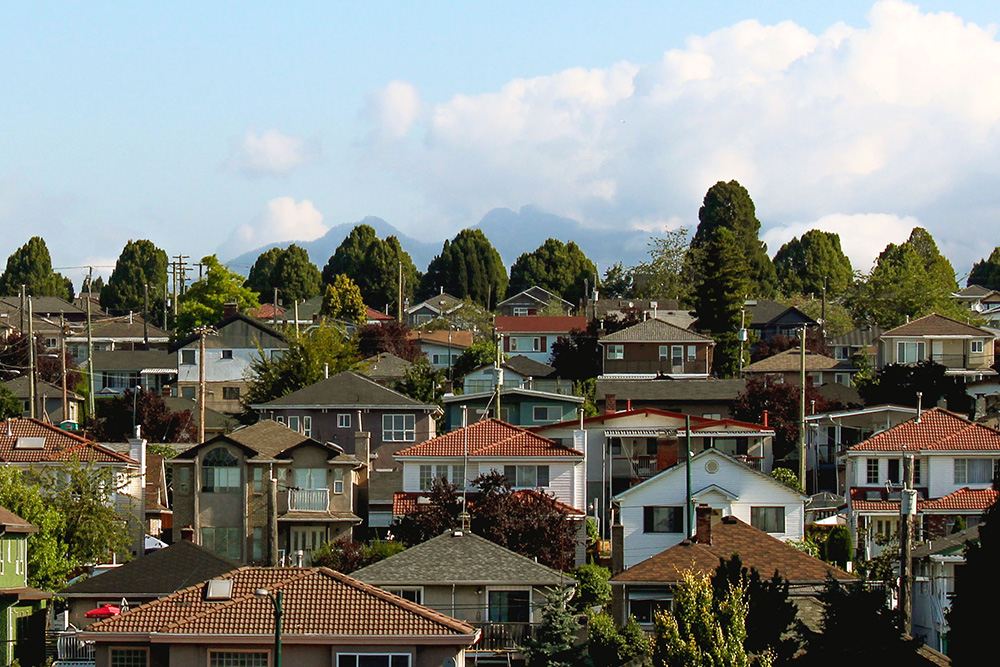Few issues cut across as many of Canada’s social groups as housing: whether it’s affordable — or for some, findable at all; whether it’s appropriate for family or individual needs; whether it’s a safe, wise, or even available route to financial security; whether cities can prosper when their most productive residents can’t find it.
Since Labour Day, the federal government has been soliciting Canadians’ views on those subjects through an outreach program called Let’s Talk Housing. Groups and individuals were asked to submit thoughts, and roundtables convened on focused topics like Indigenous housing and housing for new Canadians. On Nov. 22, National Housing Day, the Ministry of Families, Children and Social Development reveals what it heard.
The feedback may hint at what a new National Housing Strategy — the first for Canada in decades and backed by a budgeted $2.3 billion for a variety of initiatives — may deliver when it is released, most likely early next year.
Meanwhile, there is no shortage of ideas. The Canadian Housing and Renewal Association, which represents a range of housing organizations (and disclosure, with whom Tyee Solutions Society has partnered to present dialogue opportunities for housing stakeholders), urged Ottawa to move more quickly on commitments it has already made to make available more surplus federal properties “at low cost, or no cost, for affordable housing,” and to remove “all GST on new capital investments in affordable rental housing.”
To help make sense of the government’s report on what it heard from you and other Canadians concerned about our housing future, we’ve selected below some of the most insightful reports from Tyee Solutions Society’s Housing Fix — an ongoing project in solutions journalism on Canada’s housing crisis. (To see all our work, visit our new-and-improved website).
Housing: a Canadian right — sort of
Let’s start with some (very simple) basics: Housing Is a Right in Canada. Right? Actually, not so much, despite Canada’s 40-year-old signature on a UN covenant that recognizes “the right of everyone to an adequate standard of living for himself and his family, including adequate food, clothing and housing.”
More commonly in hot cosmopolitan marketplaces like Vancouver and Toronto, housing has become its own investment category for the super-wealthy. Leilani Farha, the United Nations’ special rapporteur on adequate housing, met us to explain what’s wrong with “financializing” shelter and why Housing Should (Not) Be Money.
How did we get here? You’ve probably heard of the Canada Mortgage and Housing Corporation — the biggest federal agency directly involved in Canada’s housing market. It was created just after the Second World War to help Canadian families find enough affordable housing when the market wasn’t providing it. (Sound familiar?) Read about what it was like back then, When Ottawa Created a Housing Agency for All Canadians, and then what happened later, as CMHC went From Housing the Neediest to Serving the Home-Selling Industry.
As Ottawa over the last few decades has stepped further back from caring about how Canadians were housed, the national shelter crisis metastasized into multiple crises. Last year, we spent some time looking at how hard it can be, for many different reasons, for Canadians from a variety of circumstances and backgrounds to get A Foot in the Door.
Answers are everywhere
But those aren’t reasons to give up hope for constructive solutions to Canada’s multifaceted housing challenge. Indeed, when Tyee Solutions Society, in collaboration with Simon Fraser University, convened a one-day brainstorming session of housing stakeholders a year ago, just days after Canadians rejected the Harper Conservative government and voted to replace it with Justin Trudeau’s Liberals, we reported that Answers to Affordable Housing Are ‘Everywhere.’
And over the months, we’ve looked in detail at many of the ways Canadians and Canadian communities are testing new responses to the housing crisis: from tiny homes to city-built housing that’s just for locals to the good that can happen when faith groups put legacy properties to use to create housing. We’ve even reported on the professor who counsels younger Canadians to relax and just accept they’ll never own their grandparents’ single-family rancher.
We’ve reported on simple ideas that could have big impacts, like Tying Affordable Housing to Accessible Transit and asking Ottawa to fund 30 per cent of transit extensions if cities’ require that 30 per cent of all new housing along the routes cost no more than 30 per cent of the region’s median income to occupy.
And we’ve recognized that the federal government can only do so much, pointing out here and here the many ways that cities like Vancouver and their provinces can act on their own to ease their residents’ housing stress.
There’s no question that Canada has a housing crisis — or rather scores of different kinds of housing stress. But there are also scores of potential solutions. This week, the federal government will tell us that it’s heard Canadians’ stories, fears and ideas for a better-sheltered future.
Still to come is what Ottawa plans to do to get us there. ![]()
Read more: Federal Politics, Housing
















Tyee Commenting Guidelines
Comments that violate guidelines risk being deleted, and violations may result in a temporary or permanent user ban. Maintain the spirit of good conversation to stay in the discussion.
*Please note The Tyee is not a forum for spreading misinformation about COVID-19, denying its existence or minimizing its risk to public health.
Do:
Do not: